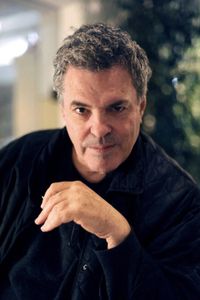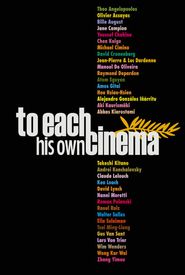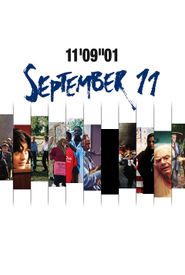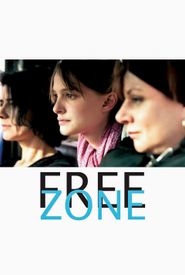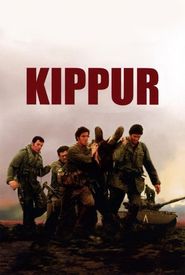Amos Gitai was born in Haifa, Israel in 1950 to architect Munio Weinraub and former Zionist activist Efratia Margalit. Upon his birth, his parents changed the family name to "Gitai", which is the Hebrew translation of the German name "Weinraub". As a student of architecture, Gitai joined the Israeli Defense Forces as a reserve duty officer in 1973 and served as part of a helicopter rescue team during the Yom Kippur War. While serving, he began filming with an 8mm camera given to him by his mother as a birthday gift.
On October 11th, 1973, Gitai's helicopter was shot down by a Syrian missile, and he was one of the six survivors among the seven crew members on board. This traumatic experience inspired him to quit architecture and pursue filmmaking. He went on to make a documentary, "Kippur: War Memories", in 1993, and a fictional recreation of the event, "Kippur", in 2000.
In 1979, Gitai directed his first feature-length documentary, "House", commissioned by Israel's public television. However, the television rejected the film, and the original 16mm footage only exists today as a copied VHS tape. The film gained international recognition and earned Gitai a reputation as a filmmaker. His third documentary, "Field Diary", shot in 1983, was also initially rejected by the Israeli Television, who had originally commissioned it. Gitai relocated to France, completed the film, and based himself in Europe for the next decade.
In 1986, Gitai directed his first feature-length fictional film, "Esther", based on the Biblical story of the book of Esther. In 1993, following Prime Minister Yitzhak Rabin's initiation of the peace process with Palestine, Gitai and his family returned to their native town of Haifa, where they have lived ever since.
